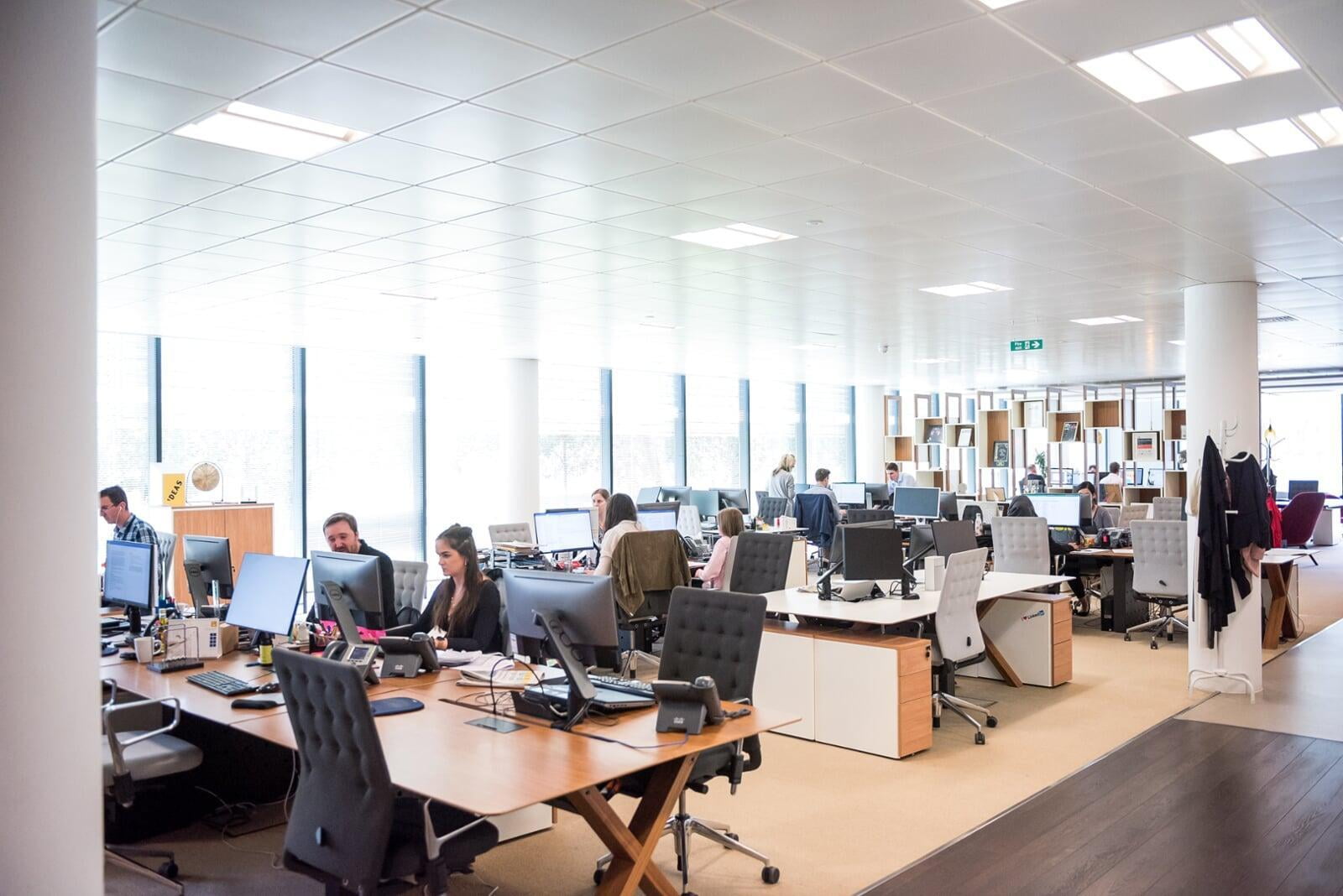
Jack was feeling frustrated. The demands of work continued to accumulate. He wasn’t sure what to do. Everything was fine when he started this job. Now, with each passing day, he found it harder to drag himself there, let alone try to have a good day.
His workload used to be manageable, but now his boss was adding more tasks and unreasonable requests. It didn’t seem like it would let up. His co-workers didn’t help the situation. They were annoying and in the way. As if that weren’t enough, it seemed like some days he just couldn’t make a single customer happy. This wasn’t what he signed up for, and it didn’t seem like there was anything he could do to fix it.
Does this sound familiar? Unfortunately, this situation seems to play out over and over like a broken record for so many people. Does Jack have any options besides being overwhelmed, stressed, and on his way to burnout? What can he do?
Acceptance.
What Is Acceptance?
- Let go of our frustration over unmet expectations.
- Look for opportunities to help others instead of criticize or compete.
- Find the freedom to respond rather than react.
It is seeing something (a situation or another person) the way it is and not what it could or should be according to our expectations.
Acceptance allows us to:
Back to Jack...
Let’s get back to Jack and figure out how acceptance could help him in his work interactions.
Manage-Up with the Boss
Most of the time, people don’t quit their careers; instead, they quit their bosses. It can be incredibly challenging to work with a boss who isn’t supportive, leaves you feeling “unheard” or is ineffective or incompetent. Jack's boss arrives 20 minutes late to meetings all the time. In addition, he seems to run the meetings poorly.
What can Jack do with these recurring frustrations besides grind his teeth and complain under his breath? Acceptance.
He could continue to get frustrated at his boss, but why not accept that this is how things are? His boss WILL be 20 minutes late, and when he finally shows up, he'll be quite disorganized. From a place of acceptance, this allows the freedom to move beyond the frustrations and to start to think outside of ourselves. Jack could recognize that since he is very organized and punctual, instead of staying frustrated, he could offer to help his boss by providing him with an outline or some way to stay on track during the meeting.
Side-to-Side with Coworkers
In an ideal world, we believe we can get along with everyone. In reality, however, this just isn’t the case. Sometimes coworkers can be helpful. Other times, they can be downright frustrating.
What can Jack do about it? Acceptance.
By understanding that he won't always get along with everyone, Jack can better assess situations with coworkers and determine how to navigate the interactions. He can choose to focus on the task at hand, be professional, and move on. He doesn’t have to be “work friends” with everyone. That’s okay, and he accepts that.
Professionalism with Customers
Working in sales or customer service can be very demanding and draining. Some days, Jack feels like absolutely nothing is “good enough”! Days like that very quickly become discouraging and overwhelming. Sometimes it just seems easier to walk away.
What options does Jack have? Acceptance.
Understanding that “everyone has a bad day” allows Jack to step back from his frustration, realize that this isn’t about him, and then he can try to come up with solutions to help. Even if Jack’s “best” isn’t “good enough” for the customer, with acceptance, Jack is secure in the knowledge that he did everything he could for that situation. Ultimately, Jack is responsible for his own responses, not for how his customer responds.
Evaluate Options
Lastly, sometimes there are situations in which leaving is the best option. In some cases, no amount of acceptance or boundaries will be productive. Sometimes what is needed is the acceptance that we don’t have to “make it work.”
How Can Acceptance Help Me?

While acceptance doesn't change the other people in our situation, it shifts our perspective, which starts to change us.
This allows us the freedom to respond rather than react. By changing our perspective and accepting the situation as it is, we are able to understand what we can control and then take significant action with that.
Accepting is not giving up. Acceptance involves engaging even more to understand what is, what could be, and what part we play in that.
